Many Thanks to SCMG Cyd Brown for sending along this information from the Master Gardeners of Northern Virginia Website.

Native perennials may benefit from periodic division to improve their vigor and appearance. Indications that a plant requires division are dead sections at the center of the clump, reduced size or abundance of flowers, or sparse foliage. Division can rejuvenate the plant and stimulate new growth. Perennials can also be divided for propagation purposes.
Click on the button below for a table of common perennials indicates the root type of each plant, the best season for division (if appropriate), and specific advice on frequency and manner of division.

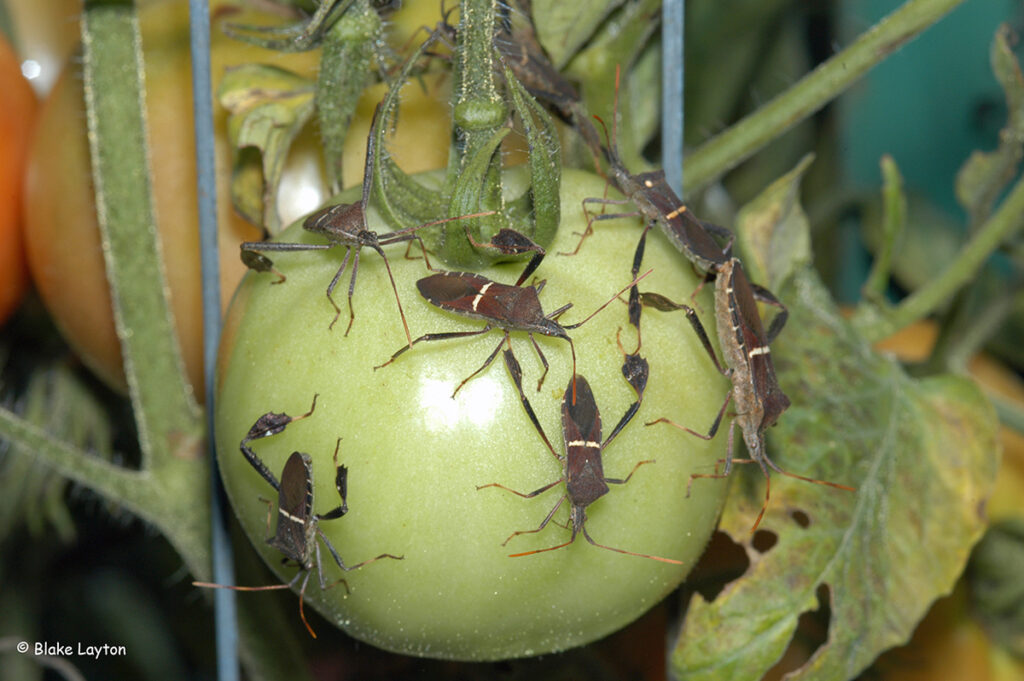
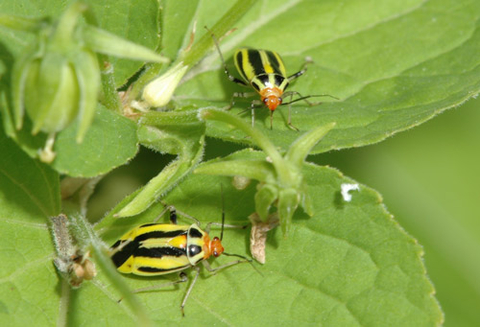
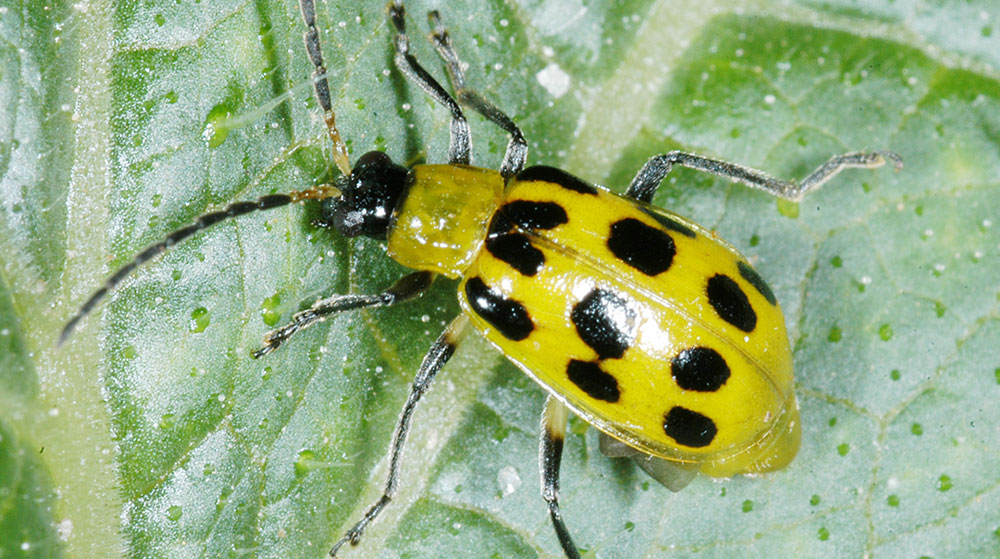
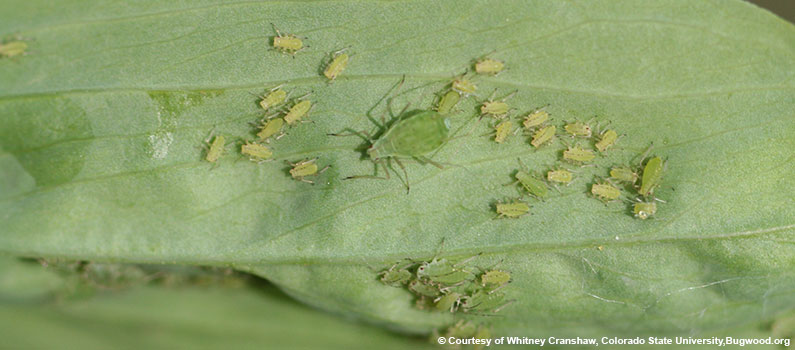
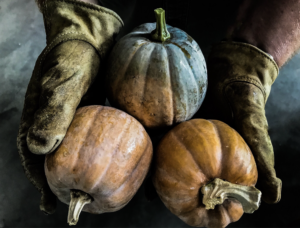
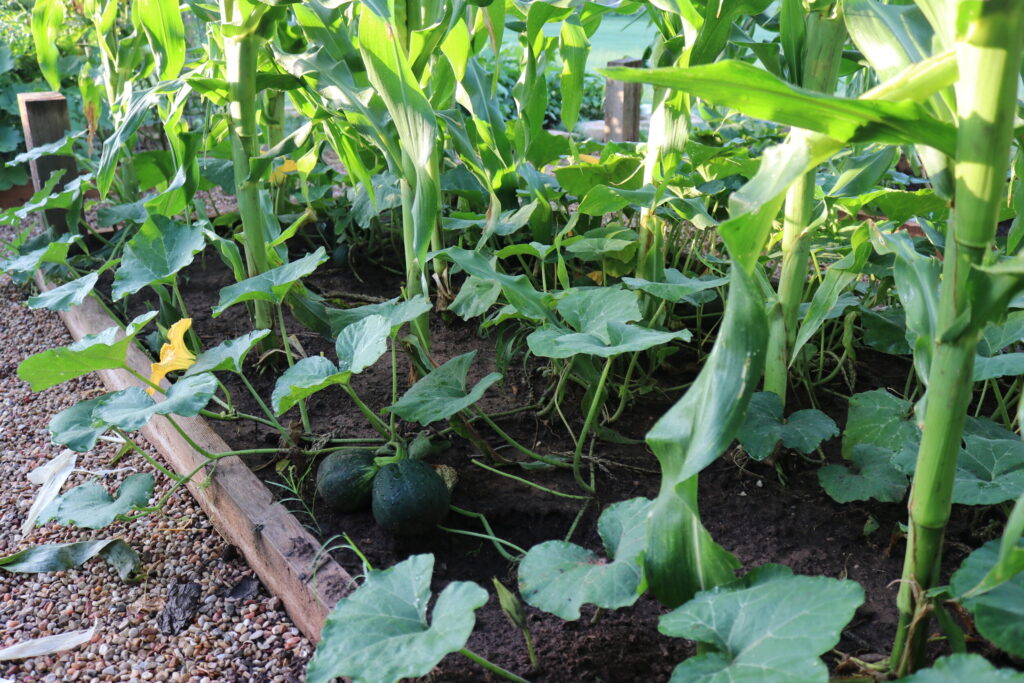
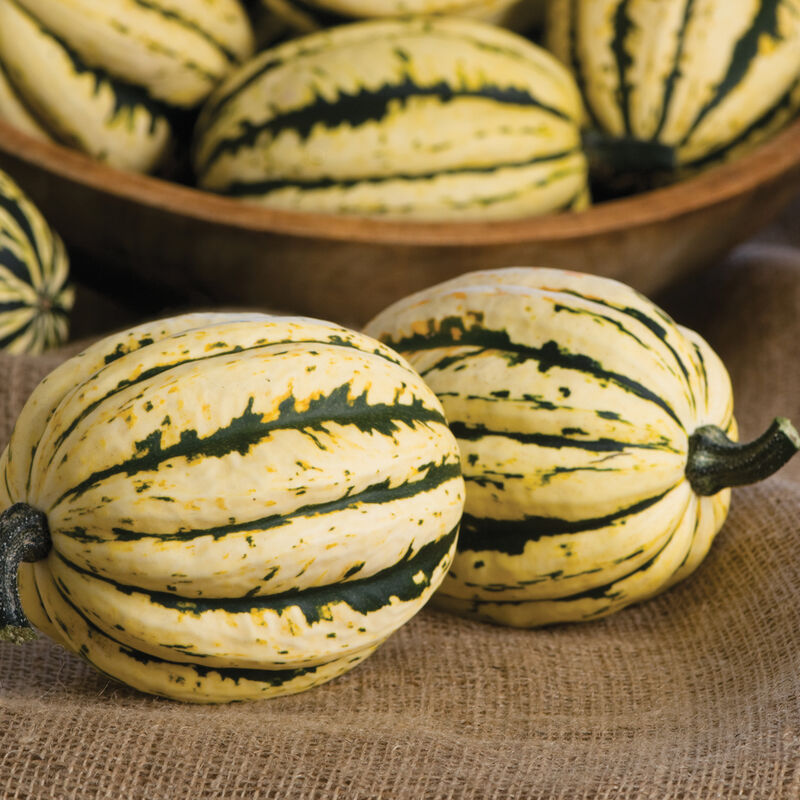
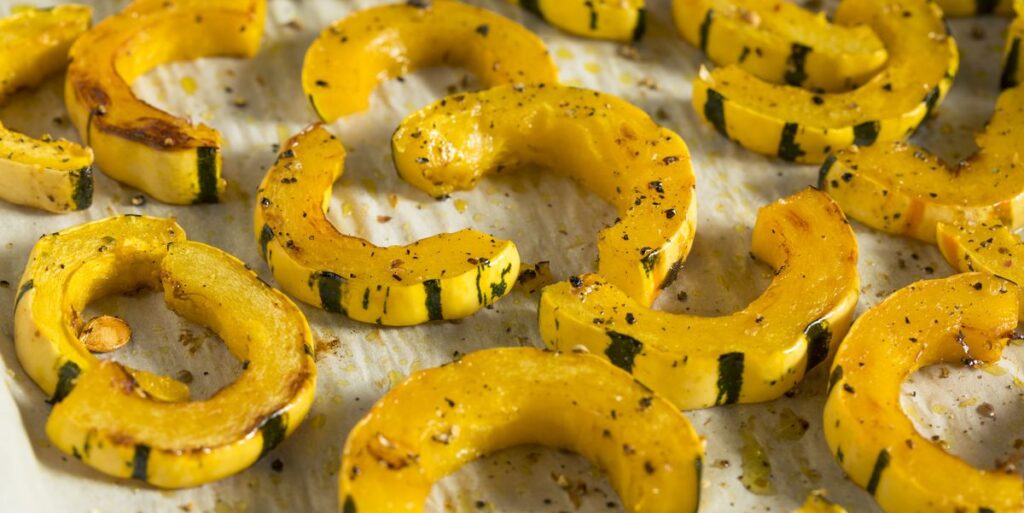
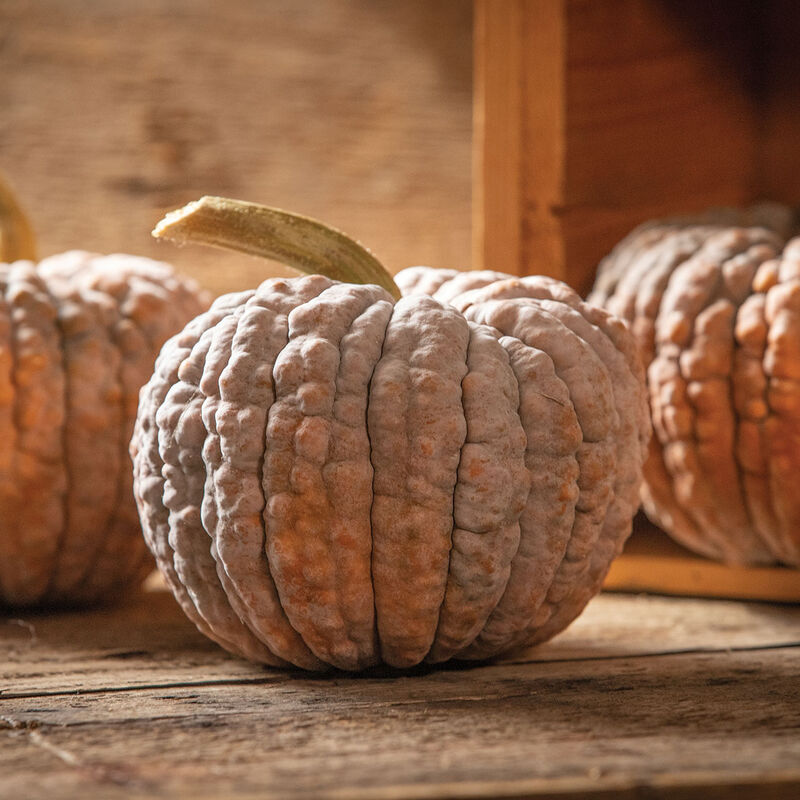

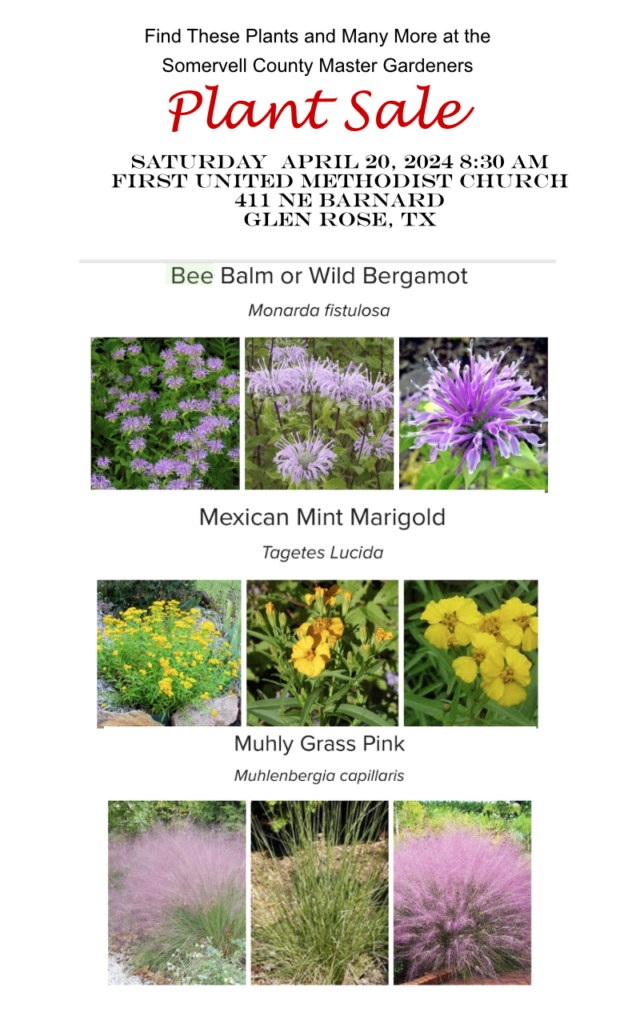


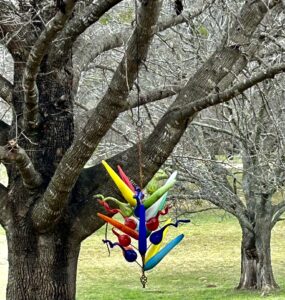
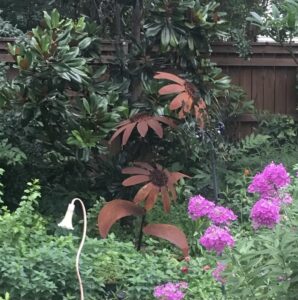
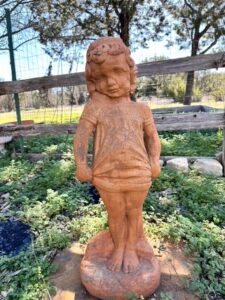


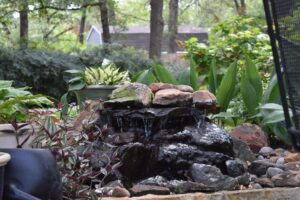
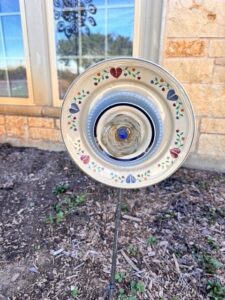
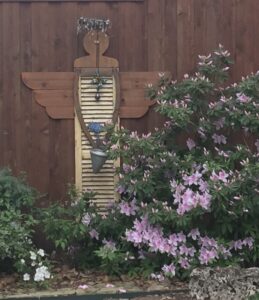
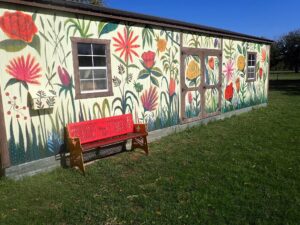
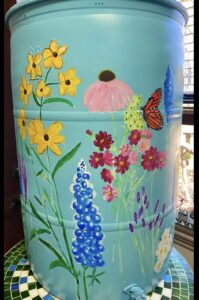
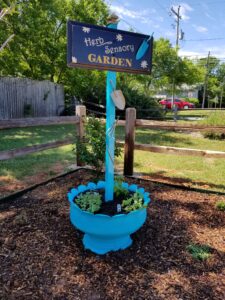
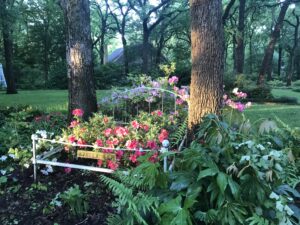
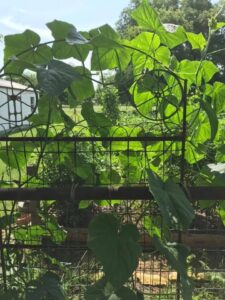
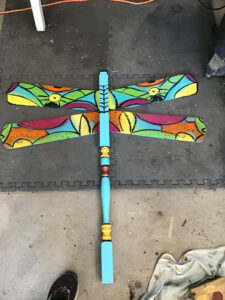

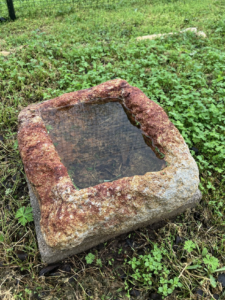
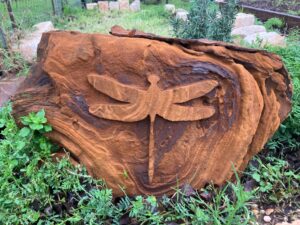
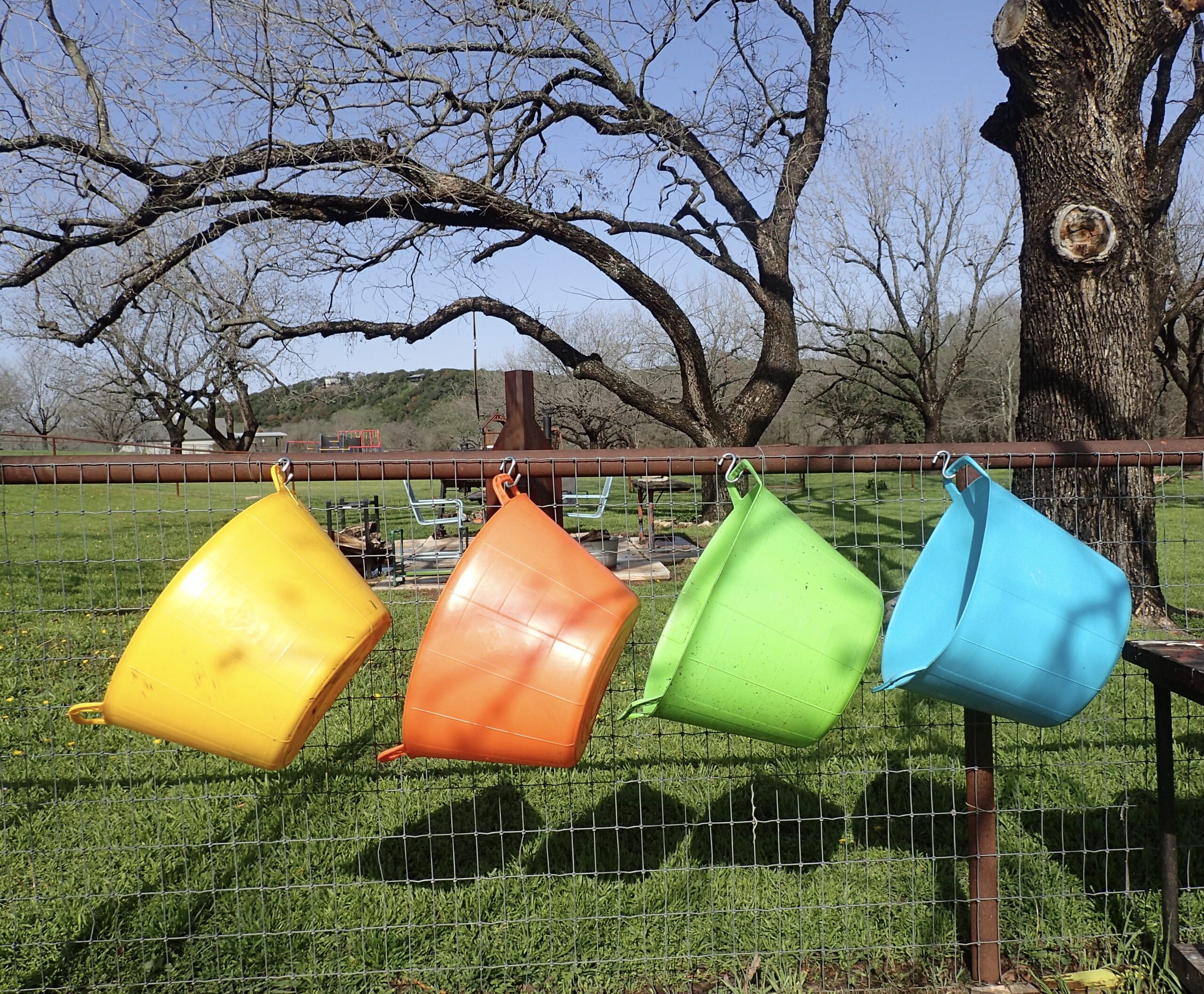
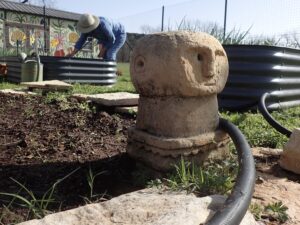
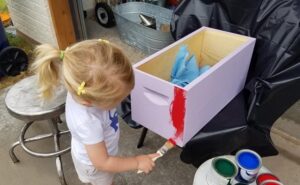

 In 1771 John Adams declared cow poop in England was good “…but is not equal to (his cow’s)”. Adams was talking garden compost. Washington, Jefferson, Adams, and Madison were all avid gardeners. They constantly searched for new plant varieties, new growing techniques, and new gardening technologies. This book tells the story of the founding fathers’ gardens, and how they planned to turn the young United States into an agricultural powerhouse.
In 1771 John Adams declared cow poop in England was good “…but is not equal to (his cow’s)”. Adams was talking garden compost. Washington, Jefferson, Adams, and Madison were all avid gardeners. They constantly searched for new plant varieties, new growing techniques, and new gardening technologies. This book tells the story of the founding fathers’ gardens, and how they planned to turn the young United States into an agricultural powerhouse. Is a garden art? Is a garden an essential component of the “Good Life”? Should we think about a garden the same way we think about a painting or sculpture? These are the questions Cooper dissect in his book. Why bother (you may be thinking)? Dr. Cooper, for one, contends philosophers have too long ignored the underlying aesthetics of gardens and gardening in favor of more traditional art forms. He intends to set the record straight. Read this book and you may never think of your garden the same way again.
Is a garden art? Is a garden an essential component of the “Good Life”? Should we think about a garden the same way we think about a painting or sculpture? These are the questions Cooper dissect in his book. Why bother (you may be thinking)? Dr. Cooper, for one, contends philosophers have too long ignored the underlying aesthetics of gardens and gardening in favor of more traditional art forms. He intends to set the record straight. Read this book and you may never think of your garden the same way again.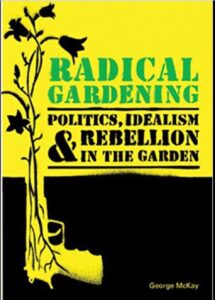 Isn’t a social statement something printed on a T-shirt? In this book, the author says “NO”. McKay explores gardens as a response to social movement; symbols of community activism; and even vehicles for propaganda. From gardens grown by allied prisoners in German POW camps to the gardens in London’s Tavistock Square, this book is chock-full of fascinating examples.
Isn’t a social statement something printed on a T-shirt? In this book, the author says “NO”. McKay explores gardens as a response to social movement; symbols of community activism; and even vehicles for propaganda. From gardens grown by allied prisoners in German POW camps to the gardens in London’s Tavistock Square, this book is chock-full of fascinating examples.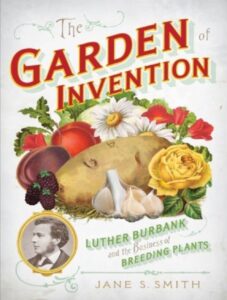 You’ve probably never heard of Luther Burbank. At the beginning of the 20th century, Burbank was the nations most successful (and famous) breeder of new garden plant varieties. Burbank’s work has been credited with saving millions from starvation. He developed the thornless prickly pear as a cattle feed during drought. The most widely used potato we have today is a Burbank development. This book is Burbank’s story – from his humble beginnings in Lancaster, Massachusetts, to his world famous development gardens in Santa Rosa, California. Read this book and you’ll see why Luther Burbank is truly one of our must important unsung heroes.
You’ve probably never heard of Luther Burbank. At the beginning of the 20th century, Burbank was the nations most successful (and famous) breeder of new garden plant varieties. Burbank’s work has been credited with saving millions from starvation. He developed the thornless prickly pear as a cattle feed during drought. The most widely used potato we have today is a Burbank development. This book is Burbank’s story – from his humble beginnings in Lancaster, Massachusetts, to his world famous development gardens in Santa Rosa, California. Read this book and you’ll see why Luther Burbank is truly one of our must important unsung heroes. The year was 1820 in bustling Salem, New Jersey. Robert Gibbon Johnson stood in the middle of town and ate a tomato – a fruit thought to be highly poisonous. A large crowd had gathered intending to watch Johnson die a hideous death. He did not die, and the tomato was on its way to become most popular crop in American gardens. Smith’s book traces the tomato’s journey through American culture, medicine, and cuisine.
The year was 1820 in bustling Salem, New Jersey. Robert Gibbon Johnson stood in the middle of town and ate a tomato – a fruit thought to be highly poisonous. A large crowd had gathered intending to watch Johnson die a hideous death. He did not die, and the tomato was on its way to become most popular crop in American gardens. Smith’s book traces the tomato’s journey through American culture, medicine, and cuisine.